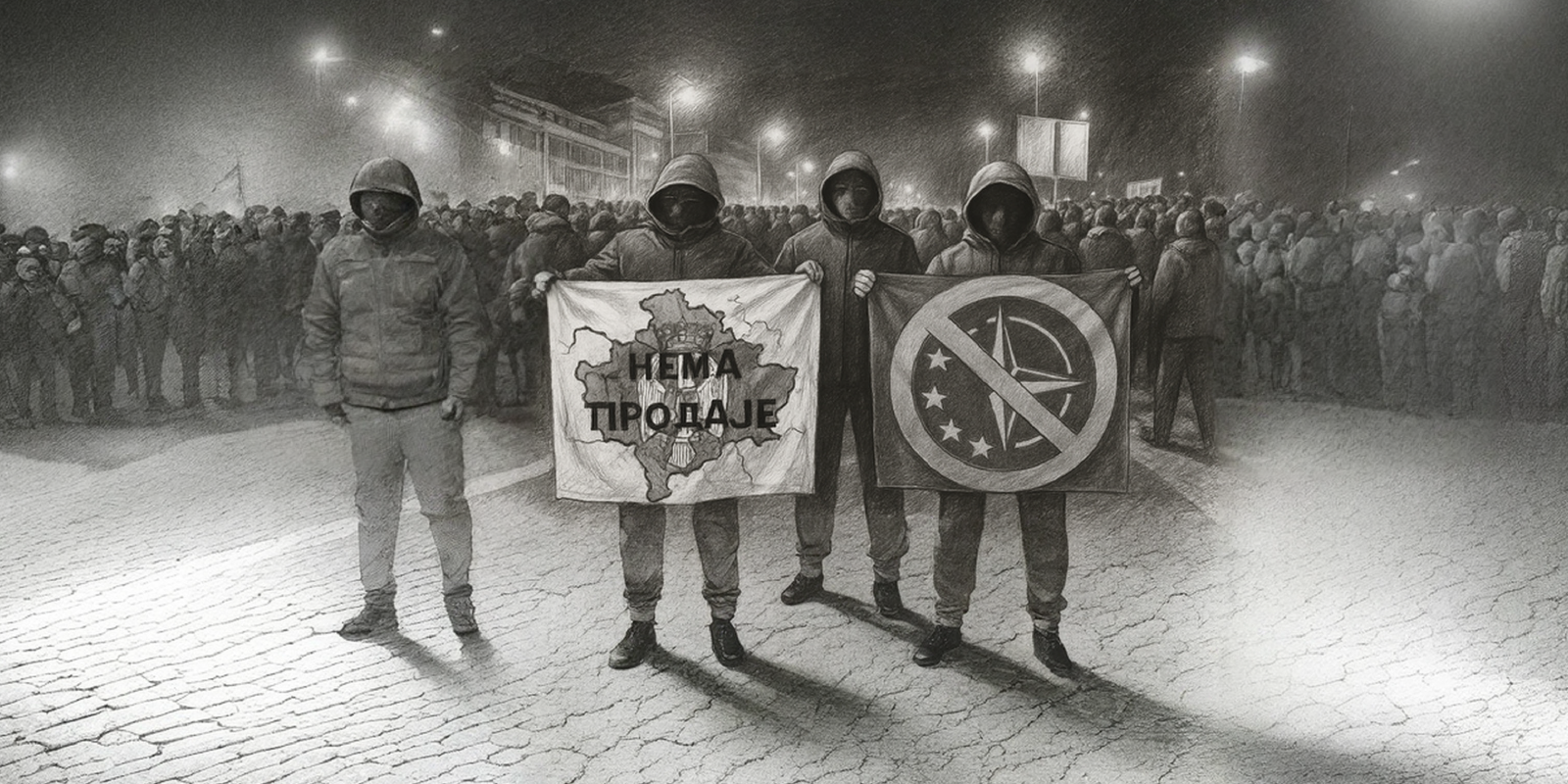PUBLICATION: Analysis
Youth, Guns and Safety: Analysis of the Response to the Multiple Murders of 3 and 4 May
After the multiple murders that took place on 3 and 4 May 2023, the Government of Serbia adopted a series of measures to improve gun control and increase safety in schools and among youth. The aim of this study is to evaluate the implementation and effectiveness of these measures. The ...
After the multiple murders that took place on 3 and 4 May 2023, the Government of Serbia adopted a series of measures to improve gun control and increase safety in schools and among youth. The aim of this study is to evaluate the implementation and effectiveness of these measures. The research was based on different sources of data: the state authorities’ official reports, expert literature, media reports, interviews conducted with police officers, the Armed Violence Monitoring Platform (AVMP) database, and a survey of the citizens’ satisfaction with measures, their perception of security and trust in institutions.
Most of the measures that have been adopted are related to firearms, while a smaller part refers to the safety of young people and education. Also, measures related to firearms have been implemented more than others, and some are still in effect (gun control, moratorium on the issuance of gun permits).
Most of the measures were not implemented even though more than six months have passed since their adoption. Some of them, like tougher penalties for firearms-related offences or lowering the threshold for criminal liability, require legislative changes. In addition, the research and experience of other countries do not support the idea that tougher penal policies would decrease criminality.
The conclusions show that the measures were motivated by political interests to satisfy the public and that they were not adopted by professionals from the fields of public security, justice or education, which is why some have turned out to be impossible to implement (restricting access to the Dark Net, reducing the threshold for criminal responsibility, gun control in the short term) or are unsustainable for the system (police presence in schools, testing students for the presence of psychoactive substances).
Analysis of data from the regional Armed Violence Monitoring Platform, which records media-covered incidents involving firearms, indicates that the number of such incidents did not change much after 3 and 4 May. Also, other data sources show that levels of violence and incidents involving firearms are not decreasing and that implemented measures have not changed anything in this sense.
The results of the public opinion survey show that the number of citizens who are not satisfied with the measures is slightly higher than the number of those who are. Satisfaction with safety measures in schools (47% of the respondents) is a bit higher than satisfaction with measures related to gun control (54% of the respondents). Six months after the adoption of these measures, the satisfaction of citizens is visibly decreasing – 44% of them are satisfied with the measures, while 56% are not.
Comparing the results of public opinion polls in 2023 with those from 2022, it is evident that citizens’ trust in institutions has dropped significantly: 63% trust the police (76% in 2022), 49% trust the courts (57%), and 50% trust the prosecutor’s office (56%). Also, the perception of citizens’ safety considering the environment has decreased at all levels: in their homes, neighbourhoods and in Serbia in general. Finally, the survey also showed that more citizens now feel threatened by phenomena such as murder (56%) and illegal possession of firearms (61%) than was the case in 2022 (murder 49%, illegal possession of firearms 54%).
Tags:
DETAILS
DATE: 25.12.2023
TOPICS: BSCP, Local Security, Police, Serbian Security Policy, Special Measures
TYPE: Analysis
AUTHORS
SHARE
PDF PREVIEW
RELATED

Date: 22.10.2025.
Author: Jelena Pejić Nikić |
This policy paper examines Western Balkan stakeholders' perspectives on what is needed for meaningful enlargement and the EU reforms they consider essential for an effective expanded Union. Field research in spring and summer 2024 included 16 high-level interviews with representatives from all six countries of the region.

Date: 13.10.2025.
Author: Belgrade Centre for Security Policy
The subject of analysis is the content related to student and civic protests distributed on the Telegram channel “BUNT je stanje duha.”

Date: 04.08.2025.
Author: Vuk Vuksanović |
The analysis is based on the "Security Radar" public opinion survey conducted by the Friedrich Ebert Stiftung in selected European countries, including Serbia, and a comparison of public opinion findings for 2022 and 2025.


